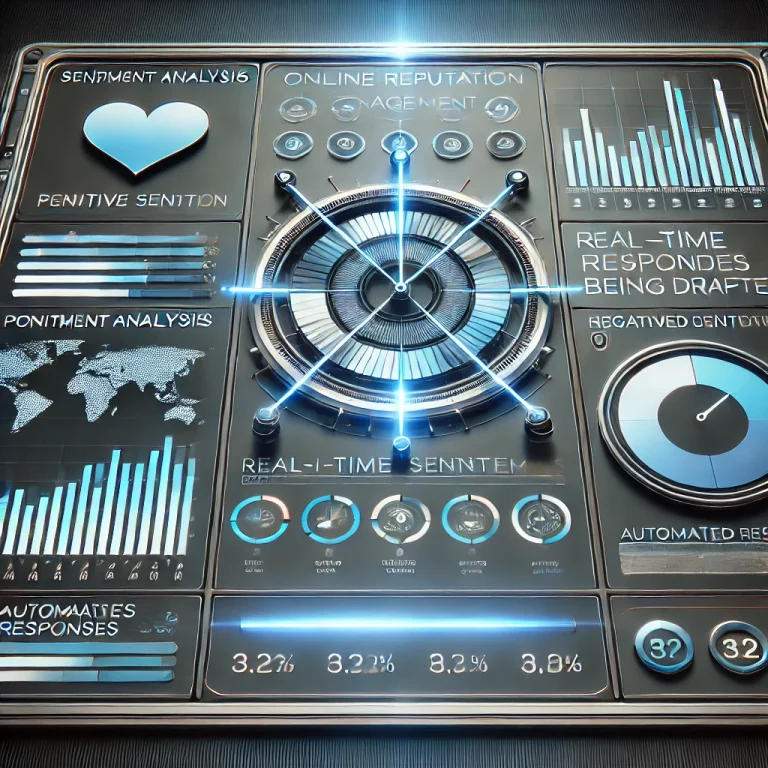Emerging Trends in Online Reputation Management: The Impact of New Technologies and Platforms
In today’s digital landscape, the importance of maintaining a positive online reputation cannot be overstated. Businesses and individuals alike are increasingly turning to sophisticated technologies to manage how they are perceived online. Among these technologies, Artificial Intelligence (AI) and machine learning are leading the charge, transforming online reputation management (ORM) in profound ways. Here, we explore how these technologies are shaping ORM and what we might expect in the future.
AI and Machine Learning: Game Changers in ORM
AI and machine learning have revolutionized many aspects of digital marketing, and ORM is no exception. These technologies are now pivotal in monitoring online conversations and social media mentions in real-time. AI-driven tools can analyze vast amounts of data from various online sources, identify sentiment trends, and alert businesses to potential reputation risks before they escalate.
Moreover, AI enhances the ORM capability by offering predictive insights. Machine learning algorithms can forecast potential spikes in negative sentiment, allowing businesses to prepare or counteract before a possible reputation hit occurs. For example, by analyzing historical data, AI can identify patterns that precede negative reviews and suggest proactive measures.
Automated Content Generation and Management
One of the more intriguing applications of AI in ORM is in the creation and management of online content. AI tools can generate press releases, manage and respond to social media posts, and even create content that can improve SEO and drive positive engagement. This automation not only helps maintain a steady stream of brand-positive content but also frees up human resources to tackle more complex tasks that require a personal touch.
Real-Time Reputation Monitoring and Response
AI technologies enable the monitoring of online reputation on an unprecedented scale. Not just limited to tracking mentions, AI systems can understand context, nuance, and subtleties in language that indicate mood, satisfaction, or discontent. Coupled with machine learning, these systems learn over time to better identify potential issues based on evolving patterns and trends.
Immediate automated responses can be crafted and personalized, thanks to natural language processing capabilities. This allows companies to respond quickly to customer complaints or queries online, which is crucial in a world where timely responses are often equated with good service.
Future Trends and Ethical Considerations
Looking forward, AI is expected to become even more nuanced in its capabilities. We might see an ORM landscape where AI can handle more sophisticated interactions, perhaps even mediating disputes or negotiating with disgruntled customers directly. However, with such power comes significant responsibility. The ethical implications of AI in ORM—such as privacy concerns, the potential for misuse, and the need for transparency—are discussions that businesses need to engage in earnestly.
Furthermore, the integration of AI with emerging technologies like blockchain could lead to more secure and verifiable ways of managing reputations online, potentially reducing fraud and increasing trust in ORM processes.
Conclusion
As AI and machine learning continue to evolve, so too will their applications in online reputation management. The future promises more automated, immediate, and nuanced ORM solutions, which could redefine how brands manage their online narratives. However, embracing these technologies requires careful consideration of their ethical implications, ensuring that they are used responsibly and transparently to foster trust and authenticity in the digital realm.



